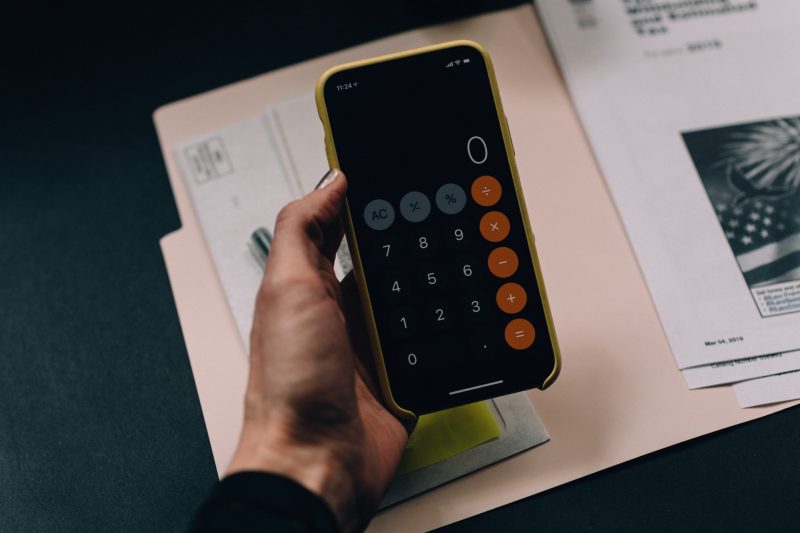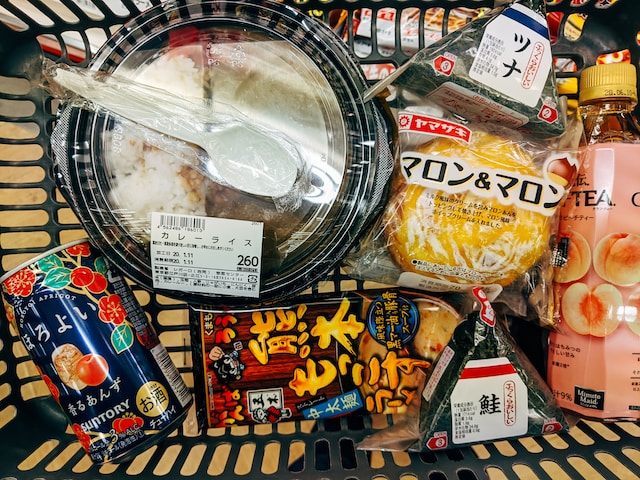As we step into the final weeks of 2023, it’s time to break free from old financial habits and embrace money-saving strategies that can boost your income and savings.
ALWAYS HAVE A SHOPPING LIST
Heading into a grocery store without a plan can be a recipe for overspending. We’ve all been there, wandering aimlessly and ending up with a cart full of things we didn’t really need. Avoid this by always carrying a shopping list with you. Having a clear plan in place will help you stick to your budget and make wiser purchasing decisions.

Image Credits: unsplash.com
SEPARATE YOUR SAVINGS ACCOUNT
If impulse shopping has been an issue for you in the past, it’s essential to protect your savings from unnecessary spending. Keep your savings in a separate account, entirely distinct from your day-to-day spending. By creating this barrier, you make it more difficult to dip into your savings impulsively, promoting a healthier financial discipline.
MONITOR YOUR EXPENSES
Stay in control of your finances by cultivating a habit of tracking your expenses. Whenever you receive a paycheck, record it in your budget’s income category. Likewise, make sure to log every expenditure, whether it’s filling up your gas tank or treating yourself to a delightful charcuterie night. By keeping a close eye on your spending, you’ll be able to identify areas where you can save and make necessary adjustments to stay on track.
DELETE SHOPPING APPS
Did you know that 4 out of 5 Singaporeans give in to impulse purchases? With 54% of consumers admitting that shopping on mobile devices has led to increased spending, it’s time to take control. Cut down on impulsive buying by removing those shopping apps from your phone. Instead, opt for online shopping from your laptop or desktop where you can be more intentional with your purchases.
PRACTICE MINDFUL BUYING
Before you hit that “buy” button, take a moment to reflect. Ask yourself, “Is this the right time to make this purchase?” Give yourself some space between the desire to buy and actually making the purchase. Set a specific timeframe for consideration; for instance, commit to not checking out for 24 hours or even a few days after adding items to your cart. This simple money hack can be truly game-changing.
REGULAR BUDGET CHECK-INS
Whether you have ambitious financial goals as a family or just want to stay on top of your finances, communication is key. Schedule regular budget check-ins, either on a weekly or monthly basis, and involve everyone responsible for the family’s finances. By doing so, you can make informed decisions, track your progress, and work together towards achieving your financial objectives. Effective communication about family finances is vital, regardless of your specific goals.
CREATE A MINI-BUDGET FOR UNEXPECTED EXPENSES
No matter how well you manage your finances, there will inevitably be times when unexpected expenses arise. Rather than panicking and derailing your entire budget, it’s best to have a plan in place to handle these situations.
Consider creating a microbudget specifically for handling short-term unexpected expenses. Set aside a portion of your savings to serve as an emergency fund. This way, when unexpected costs arise, you can dip into this fund without disrupting your regular budget or long-term financial goals.
AVOID FREQUENT PHONE UPGRADES
Resist the temptation to constantly upgrade your mobile phone just to keep up with others. Telecommunication companies may entice you with appealing upgrade offers, but remember that you’ll end up paying for that phone through your monthly contract. Instead, focus on choosing a phone that meets your needs and holds its value over time, allowing you to save money in the long run.
REMOVE STORED CREDIT CARD INFORMATION
Increase your mindfulness and avoid impulsive online shopping by refraining from storing your credit card details on websites. When you have to enter your credit card information each time you make a purchase, it provides an essential pause to consider if the expense is necessary.

Image Credits: unsplash.com
Additionally, by not saving your details, you reduce the risk of potential hacking and unauthorized access to your accounts. Keep your online shopping experiences deliberate and secure.














